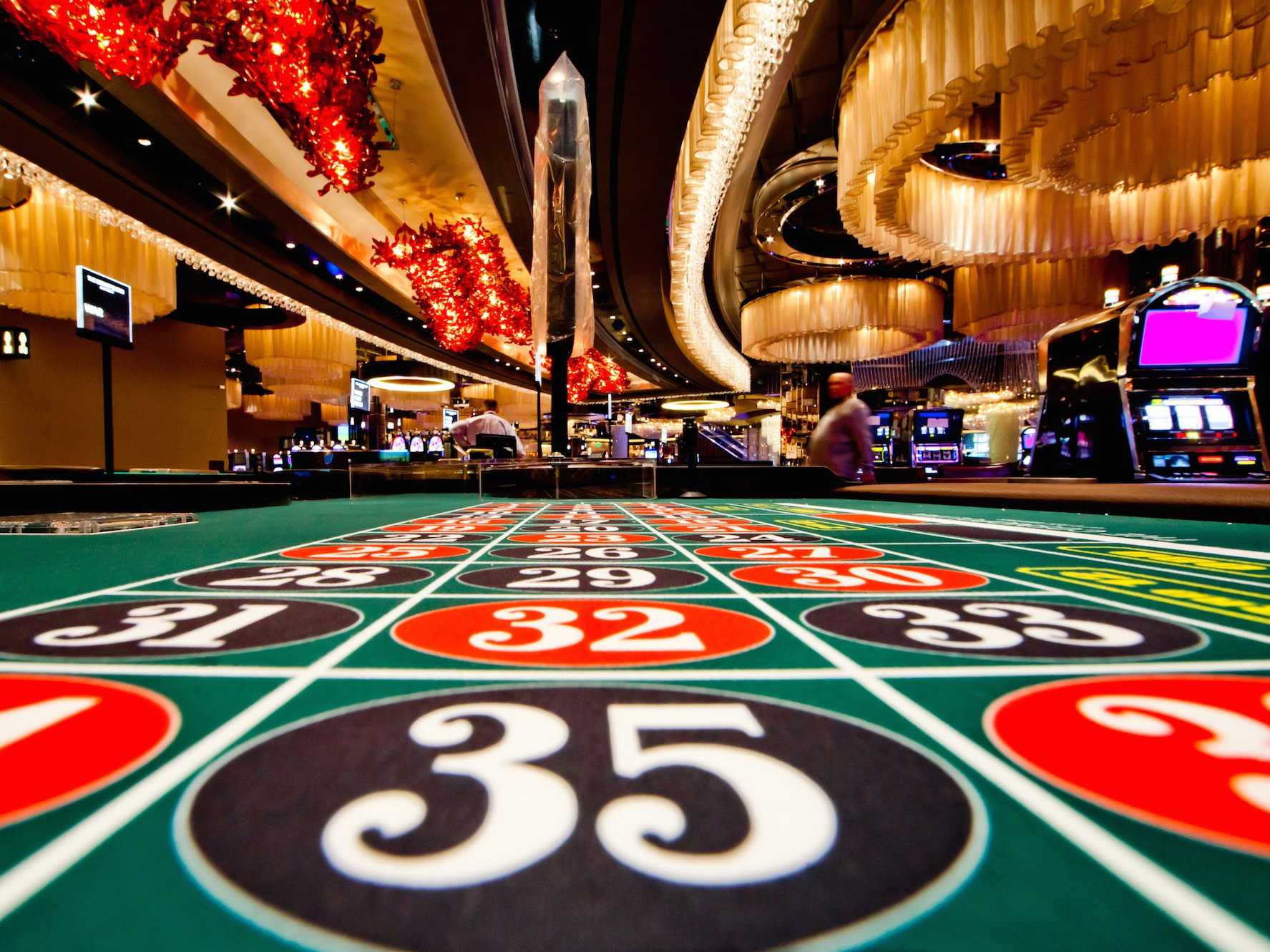
Gambling games have long been a significant aspect of human culture, offering not just entertainment but a intriguing reflection of our aspirations, ambitions, and concerns. From the spinning reels of a slot machine to the tactical play of poker, these games encapsulate a spectrum of human feelings and incidents. At their core, casino games are not just a chance to earn cash; they are a microcosm of life itself, where danger and gain intertwine and fortunes can change in an instant.
As players convene around tables or sit in front of brightly lit machines, they take part in a ceremony that transcends mere betting. These games echo our innate desires for relationships, thrill, and the quest for chance. They also disclose deeper truths about human psychology, such as our relationship with chance and the thrill of risk. In exploring casino games, we uncover not only the mechanics of play but also the intricate pattern of the human story, showcasing our interconnected narratives of aspiration and reality.
The Mind Behind Gambling
Gambling is deeply rooted in the psyche of individuals, appealing to various feelings and wants. The thrill of taking risks is a fundamental aspect that attracts participants, be it it’s excitement of spinning a roulette wheel or the anticipation of drawing a winning card in poker. This rush of adrenaline is often compared to other forms of excitement, as the unpredictability of outcomes elicits a distinct psychological response. Players often become entranced by the chance of winning big, leading to an almost magnetic draw toward casino games.
Another, an essential component of the psychology behind gambling is the concept of optimism and aspiration. Players often indulge in dreams of financial freedom and the opulent lifestyle that can follow winning. This optimism fuels their continued participation in casino games, as it provides a sense of meaning and the belief that a life-changing win could be just one wager away. The story of overcoming odds and finding success resonates with many, reinforcing their commitment to play and engage with these games.
Lastly, social dynamics play a crucial role in gambling psychology. Gambling venues are designed to foster social interaction, where gamblers gather to share the journey of wins and losses. This communal aspect not only amplifies enjoyment but also affects behavior, as individuals often mimic the actions of others in their vicinity. The social validation found in shared excitement can magnify the emotional experience, making casino games a mirror of not just personal desires but also collective engagement within the gaming community.
### Risk and Reward: A Double-Edged Sword
Gambling games embody the subtle balance between danger and gain that resonates deeply with human psychology. PG SLOT The rush of placing a wager is often accompanied by a rush of adrenaline, as players are confronted with the prospect of striking it rich, yet cognizant of the risk to lose. This twofold experience reflects a fundamental aspect of life: the choices we make often come with intrinsic risks, and the pursuit of reward can drive us to make risky moves we might not otherwise consider. In this way, casino games reflect real-world choices, enticing gamblers to risk not just their money, but also their hopes.
The allure of jackpot prizes and winnings fuels a feeling of positivity, motivating players to imagine a brighter future that could manifest from a lucky spin of the wheel or turn of a card. This hope can drive individuals to engage in greater risks, urging them to push their boundaries in search of financial gain. However, just as in life, the consequences of these risks can lead to both triumph and failure. The narratives of both big winners and those who have suffered everything at the casino demonstrate the unpredictable nature of chance and its consequential impact on our lives.
Ultimately, the experience of engaging with casino games serves as a vivid illustration of the human condition. Every game played is filled with the tension of ambiguity, as players weigh the gains against the risks. This interaction not only highlights the excitement that comes with betting but also reveals the risks that come with the longing for more. As we explore the challenges of decision-making and results in both the gambling world and in life, we find that the pursuit of risk and reward shapes our character and experiences in significant manners.
Community and Loneliness in Casino Environment
Casino environment is a special mix of communal interaction and individual endeavor, reflecting the tensions of human experience. Gamblers often come together around tables, sharing in the excitement of the action, rejoicing in wins, and commiserating over losses. This communal aspect is crucial, as it creates a sense of community and bonding among varied groups of people. Regular visitors to gaming establishments may form friendships and develop routines, turning the gambling venue into a second home where they experience linked to a greater community of players.
However, the attraction of casino activities can also result to isolation. As individuals become immersed in the excitement of playing, they may withdraw from personal connections or fail to engage with the environment outside the casino. For some, the search of a windfall can distract from genuine connections, leading to loneliness. The situation of being among others yet experiencing solitary is not rare, as the focus shifts from shared enjoyment to the private concerns of each individual’s journey.
This interaction of community and isolation creates a rich tapestry that defines gaming atmosphere. It showcases the intricacy of social interactions, where happiness and sorrow exist together. Gambling venues serve as both a sanctuary for social interaction and a platform for individual struggles, demonstrating how deeply entwined our desire for connection and the personal quest for fortune can be. In navigating this environment, players confront their own narratives—seeking both the thrill of the game and the fellowship of other gamblers, ultimately mirroring the broader spectrum of individual experience.
